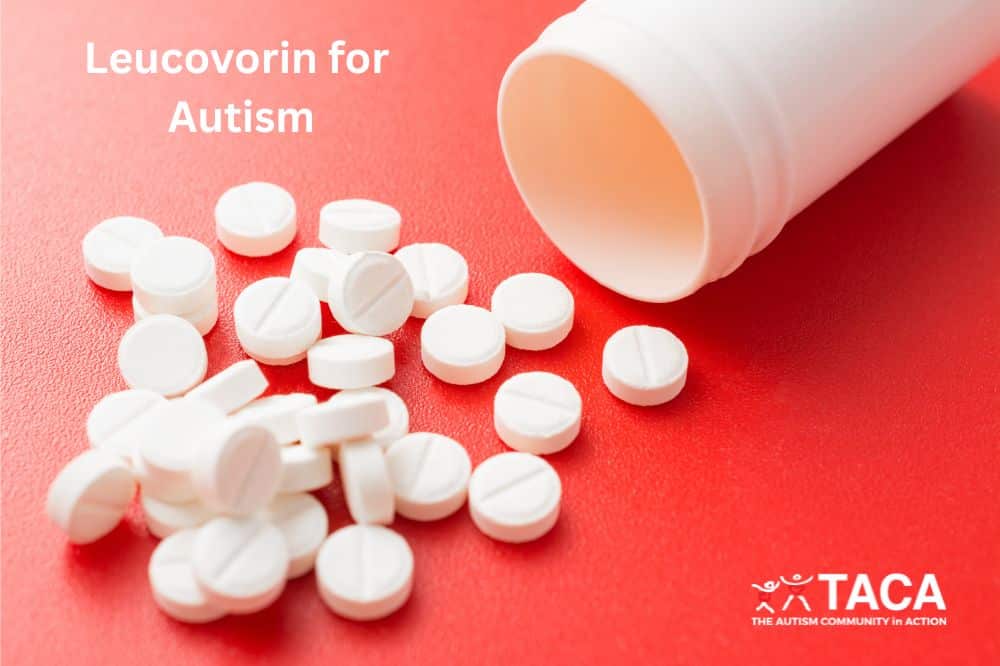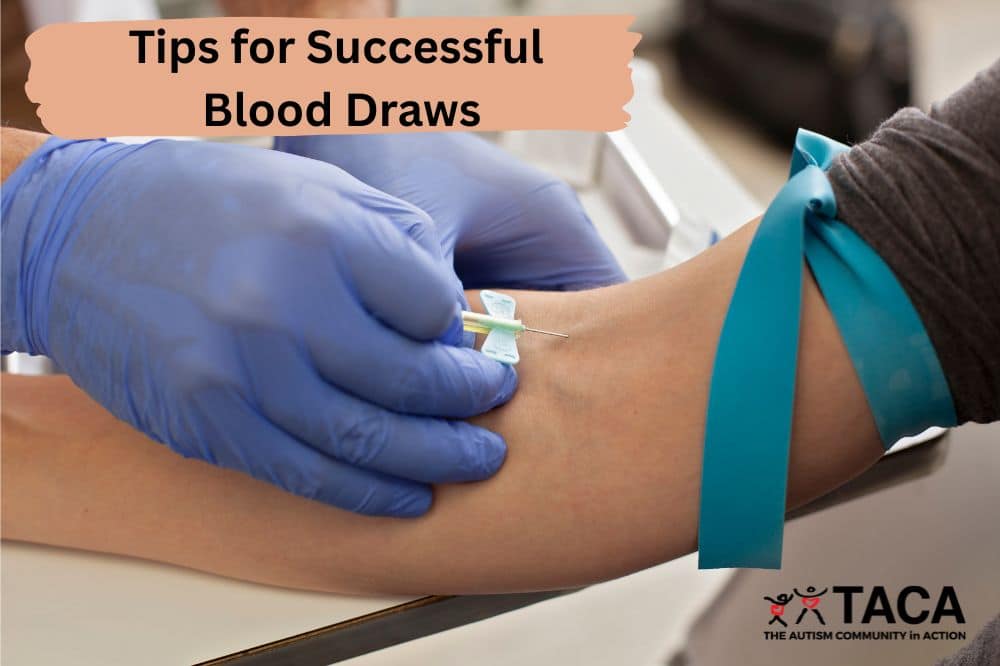Hormone Regulation in Autism
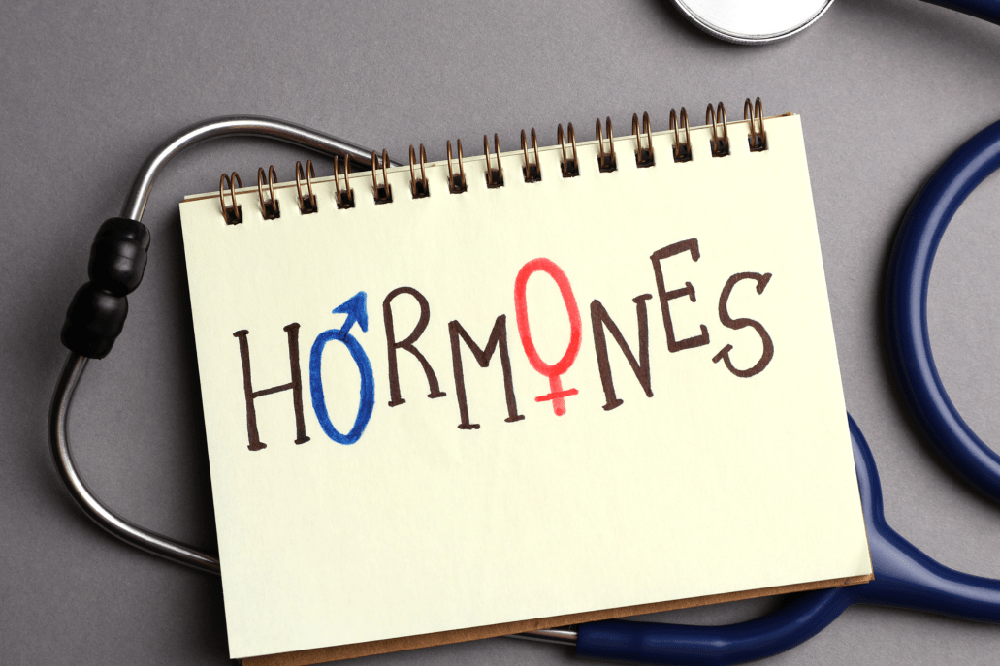
All contents of this resource were created for informational purposes only and are not intended to be a substitute for professional advice, diagnosis, or treatment. Always seek the advice of your physician, therapist, or other qualified health providers with any questions or concerns you may have.
When examining the behavioral symptoms of autism, it is important to consider all possible co-occurring medical conditions. Hormone regulation plays a critical part in overall health and can impact the classic autistic symptoms of behavior, communication, and socialization. Therefore, a full work up measuring hormone levels, and the nutrients needed for proper functioning can be beneficial.
This article will cover:
- Hormones
- Thyroid gland
- Adrenal glands
- Sex hormones
- Pituitary Gland
- Pineal gland
- Pancreas
Hormones
Hormones are chemicals that carry messages through the bloodstream to guide and control many different bodily processes. Therefore, they are essential for maintaining good health and have a powerful impact on the body, even in very small amounts.
The endocrine system is responsible for producing and regulating hormones, which help manage:
- metabolism
- blood pressure
- blood sugar
- fluid balance
- body temperature
- growth and development
- sexual function
- reproduction
- sleep/wake cycle
- mood
Scientists have identified over 50 hormones in the body so far. As such, even minor changes in hormone levels can cause significant changes in the body which can manifest as behavioral symptoms in children or adults diagnosed with autism. These changes may lead to medical conditions that require treatment.
Thyroid Gland
The thyroid gland is shaped like a butterfly and situated at the front of the neck just below the skin. It plays an important role in regulating the body’s metabolism. It controls the rate at which the body converts food into energy that fuels bodily functions.
Thyroid Hormones
- Triiodothyronine (T3)
- This is the active form of thyroid hormone
- Thyroxine (T4)
- This is the inactive form of thyroid hormone
- Reverse triiodothyronine (RT3)
- If the body cannot convert T4 to T3, then the body makes reverse T3 which is inactive.
- Thyroid stimulating hormone (TSH) (produced by the pituitary gland in the brain)
Hypothyroidism
Hypothyroidism is a state in which the thyroid is under functioning. Kids with autism may be displaying symptoms of an underactive thyroid that requires treatment. Symptoms include:
- ADHD
- Cold intolerance
- Constipation
- Decreased growth rate
- Depression or mood swings
- Developmental delay
- Delayed gross motor skills
- Dry skin and brittle hair
- Dull facial expression
- Fatigue
- Hoarse voice
- Increased menstrual flow and cramping in girls
- Joint pain
- Memory problems
- Muscle weakness, aches, or cramping
- New teeth slow to erupt
- Possible Hair loss
- Puffy (swollen) face
- Slow heart rate
- Slow speech
- Weight gain without increased appetite
Hyperthyroidism
Hyperthyroidism is a state in which the thyroid is over functioning. It is characterized by:
- Difficulty sleeping
- Dizziness with possible fainting
- Excess sweating
- Eye problems, such as bulging or irritation (in Graves’ disease)
- Fatigue
- Heat intolerance
- Increased appetite
- Increased frequency of bowel movements or diarrhea
- Loose stool
- Muscle weakness or aches
- Nervousness or anxiety (feeling jumpy)
- Rapid or irregular heartbeat
- Tremors (trembling hands)
- Trouble concentrating
- Weight loss with a normal or large appetite
Hashimoto’s Thyroiditis
Hashimoto’s thyroiditis, also known as chronic lymphocytic thyroiditis, is an autoimmune disorder in which the immune system attacks the thyroid gland, causing inflammation and damage over time. This ultimately leads to an underactive thyroid gland, or hypothyroidism. More rarely, thyroid damage may lead to the release of too much thyroid hormone into the bloodstream causing symptoms of hyperthyroidism. This tends to run in families, so if there is a genetic link, please ask your doctor for testing.
Optimal vs. Standard Lab Values
Providers have varying thoughts on the appropriate ideal ranges for thyroid lab markers. It is generally expressed that all labs should be drawn together to allow for a full clinical picture of thyroid function, and that ultimately treatment should be adjusted based on symptom improvement in combination with monitoring of lab values.
See this article on Pediatric Thyroid Reference Ranges for more information.
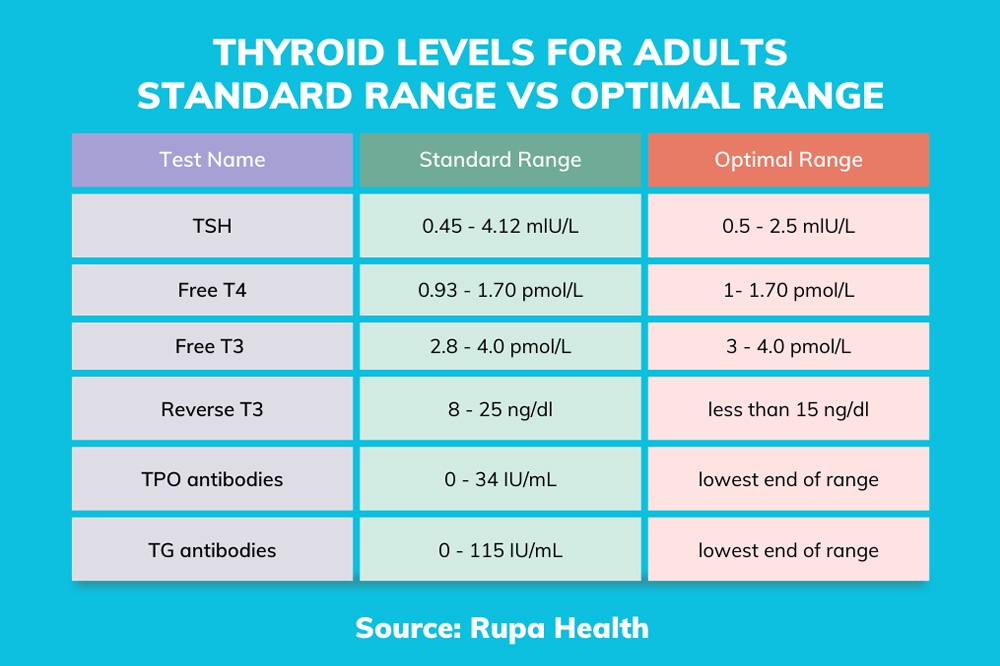
Nutrient deficiencies and thyroid issues
There are often nutrient deficiencies that cause thyroid problems. For example:
- To make TSH, one needs adequate protein, magnesium, B12, and zinc.
- To make T4 (the inactive form of thyroid hormone), one needs iodine.
- To bring iodine into the thyroid gland, one needs Vitamin C and B2.
- To convert T4 (inactive form of thyroid hormone) to T3 (active form), one needs selenium.
- Without selenium, one makes too much Reverse T3 (which is an inactive form of thyroid hormone.)
- In order for T3 (active form of thyroid hormone ) to enter the cell, one needs Vitamin D and Vitamin A.
Therefore, it is very important to check for nutrient deficiencies in your child. As is the case with many underlying issues in autism, resolving macro and micronutrient deficiencies can bring about improvements in core autism symptoms. See this short video explaining which nutrients are needed for proper thyroid function.
Adrenal Glands
The adrenal glands are small, triangle shaped glands located on top of each kidney. The hormones they produce work to regulate metabolism, immune function, blood pressure, and stress response.
Adrenal Hormones
- Cortisol (see below)
- Aldosterone
- DHEA
- Androgens (see section below)
- Adrenaline
- Noradrenaline
Adrenal Insufficiency (Addison’s Disease, Hypocortisolism)
A state in which the adrenal glands are not producing enough cortisol at the right times. It is characterized by:
- Abdominal pain
- Darkening of the skin, particularly in skin folds, scars, or creases
- Depression or mood swings
- Dizziness or lightheadedness when standing up
- Fatigue
- Low blood pressure
- Muscle or joint pain
- Nausea and vomiting
- Salt cravings
- Weakness
- Weight loss
Hypercortisolism (Cushing’s Syndrome)
A state in which the adrenal glands are producing too much cortisol. It is characterized by:
- Acne
- High blood pressure
- High blood sugar
- Increased thirst and urination
- Mood swings or irritability
- Muscle weakness or wasting
- Osteoporosis or increased risk of fractures
- Round or “moon” face
- Thinning of the skin and easy bruising
- Weight gain, especially around the midsection and upper back
- Women may experience excess hair growth
Adrenal Function Labs
There are numerous tests that check for adrenal insufficiency. Therefore, we have included a graphic with the details.
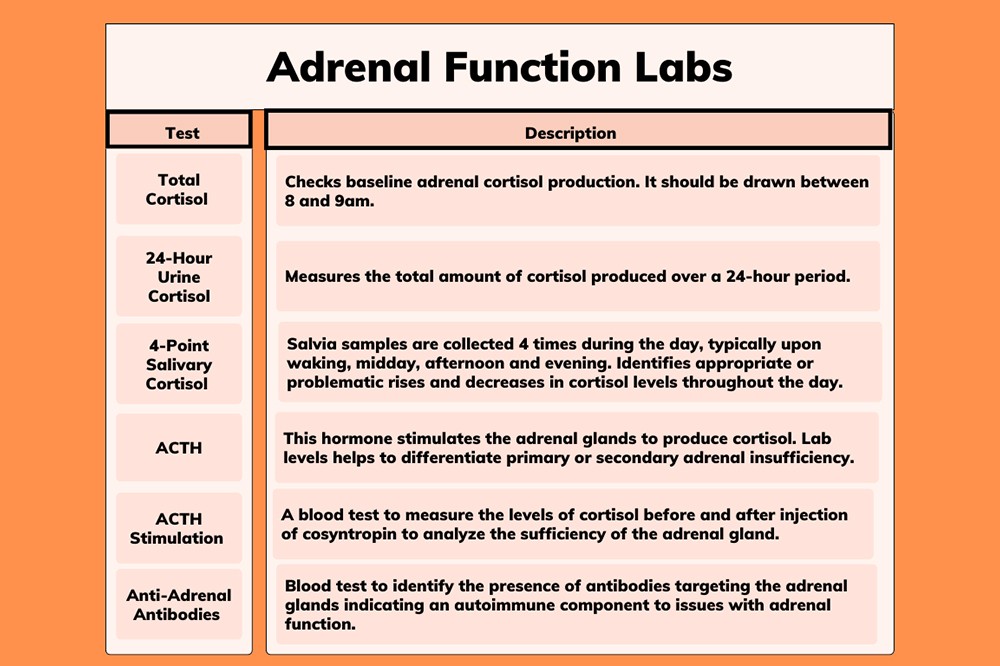
Sex Hormones
Sex hormones are a group of hormones that are produced by the gonads (testes in males and ovaries in females) and adrenal glands. In essence, they play a crucial role in the development and regulation of sexual characteristics and reproductive functions. In males, the primary sex hormone is testosterone, while in females, it is estrogen and progesterone. These hormones not only affect sexual development and function but also impact physical characteristics, such as body hair and muscle mass. Additionally, sex hormones can influence emotional and psychological factors, such as mood and behavior.
- estrogen
- progesterone
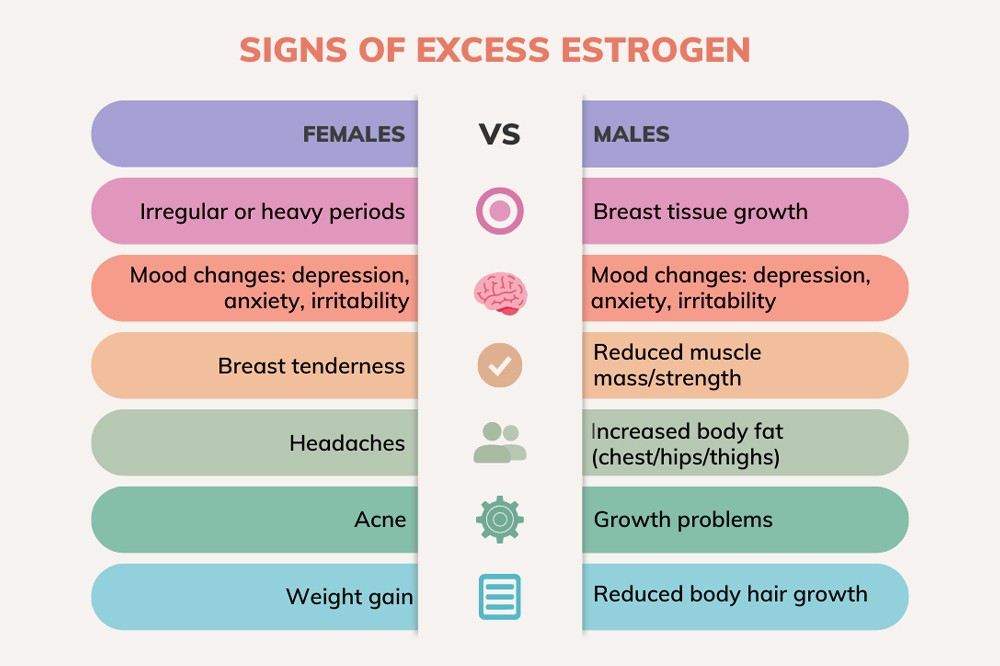
Studies show that mothers who have conditions with excess estrogen such as PCOS (polycystic ovary syndrome) are more likely to have children with autism. Consequently, testing hormone levels can be helpful.
Supplements that help with excess estrogen:
- DIM (Diindolylmethane)
- Resevertrol
- Chaste Tree Berry (Vitex)
- Calcium D-glucarate
Androgens
Androgens are a group of hormones primarily produced by the testes in males and ovaries and adrenal glands in females. They play a critical role in the development and maintenance of male characteristics, such as the growth of facial hair and deepening of the voice. In females, androgens also play a role in reproductive function and can affect physical traits such as muscle mass and bone density. The most well-known androgen is testosterone, which is often associated with male sexual function and muscle development.
Androgens are:
- testosterone
- dihydrotestosterone (DHT)
- dehydroepiandrosterone (DHEA)
- androsterone
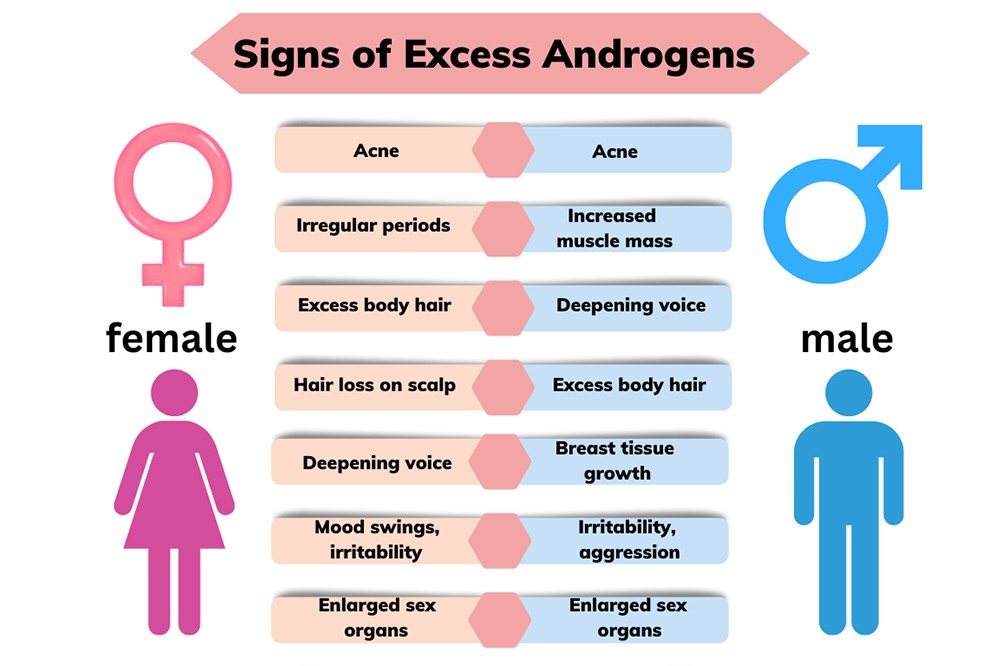
Androgens and Autism
Studies tell us that elevated androgens in pregnant mothers can increase risk of autism in their child significantly. In addition, there are clear indicators that androgens are affected in boys and girls with autism. Therefore, if your child is aggressive or shows any of the symptoms above, it is important to consider excess androgens.
Supplements that help with excess androgens
- Saw Palmetto
- ChasteTree Berry (Vitex)
- White peony
You can find more information about these herbs here. In addition, when using herbs, please make sure the companies use third party testing for impurities.
Precocious Puberty
Precocious puberty is a condition in which puberty starts too early, typically before age 8 in girls and age 9 in boys. In precocious puberty, the body starts to produce sex hormones (estrogen in girls and testosterone in boys) earlier than normal, leading to the early onset of puberty. Consequently, children experience growth spurts and physical changes before their peers.
Precocious puberty can be caused by various combinations of factors, including genetics, brain or pituitary gland tumors, or exposure to certain medications or chemicals. Treatment options may include medications to delay puberty until a more appropriate age, hormone replacement therapy, or ideally identification and treatment for any underlying conditions causing the precocious puberty.
Considerations to Avoid Precocious Puberty
- Maintain a healthy weight
- Obesity has been linked to early onset of puberty (especially in girls). Consequently, it’s important to help children maintain a healthy weight through a balanced diet and regular exercise.
- Avoid exposure to endocrine disruptors
- Endocrine disruptors are chemicals found in some plastics, pesticides, and personal care products that can interfere with hormone production and consequently lead to early puberty.
- Therefore, to reduce exposure, choose natural and organic products and avoid plastic containers that are not labeled as BPA-free.
- Endocrine disruptors are chemicals found in some plastics, pesticides, and personal care products that can interfere with hormone production and consequently lead to early puberty.
- Encourage physical activity
- Limit exposure to screens
- A 2022 study found exposure to blue light was associated with decreased levels of melatonin, increased levels of two major reproductive hormones, and changes in ovarian tissue that may be indicative of early onset of puberty in females.
- For that reason, encourage children to limit their screen time and engage in more physical activity and outdoor play.
- A 2022 study found exposure to blue light was associated with decreased levels of melatonin, increased levels of two major reproductive hormones, and changes in ovarian tissue that may be indicative of early onset of puberty in females.
- Manage stress
- Chronic stress has been linked to early onset of puberty. Therefore, it’s important to help children manage stress through relaxation techniques such as meditation, yoga, or deep breathing exercises.
- Regular check-ups with a functional medicine provider
- Regular medical check-ups can help identify any underlying medical conditions that may lead to precocious puberty. Accordingly, if discovered, treatment can be started early.
Pituitary Gland
The pituitary gland is a small, pea-sized gland located at the base of the brain, and it is often referred to as the “master gland” due to its critical role in regulating hormone production and secretion throughout the body. Structurally, it is divided into two parts, the anterior pituitary and the posterior pituitary, each of which produces and releases different hormones. In addition, the pituitary gland is controlled by the hypothalamus, a region of the brain that helps regulate various bodily functions, including hunger, thirst, body temperature, and the release of hormones. Finally, it produces several hormones that control other endocrine glands, including the thyroid gland, adrenal glands, and gonads, as well as growth hormones that affect overall growth and development.
Pituitary Hormones
- adrenocorticotropic hormone (ACTH)
- follicle-stimulating hormone (FSH)
- luteinizing hormone (LH)
- growth hormone (GH)
- thyroid-stimulating hormone (TSH)
- melanocyte stimulating hormone (MSH)
Pineal Gland
The pineal gland is a small endocrine gland located in the center of the brain, roughly between the two hemispheres. It is often referred to as the “third eye” due to its connection to the regulation of the sleep-wake cycle and other circadian rhythms.
Pineal Hormones
- melatonin
Pancreas
The pancreas is a glandular organ located behind the stomach and in front of the spine. It has two main functions: exocrine and endocrine. Firstly, the exocrine function of the pancreas involves the production and secretion of digestive enzymes into the small intestine to help break down and absorb nutrients from food. Secondly, the endocrine function of the pancreas involves the production and secretion of hormones, including insulin and glucagon, into the bloodstream to help regulate blood sugar levels.
Pancreatic Hormones
- insulin
- glucagon
Conclusion
Proper hormone regulation is a critical piece to investigate when it comes to autism and the related symptoms. When identified, it is very treatable and thus both autism and physical symptoms can improve greatly.



